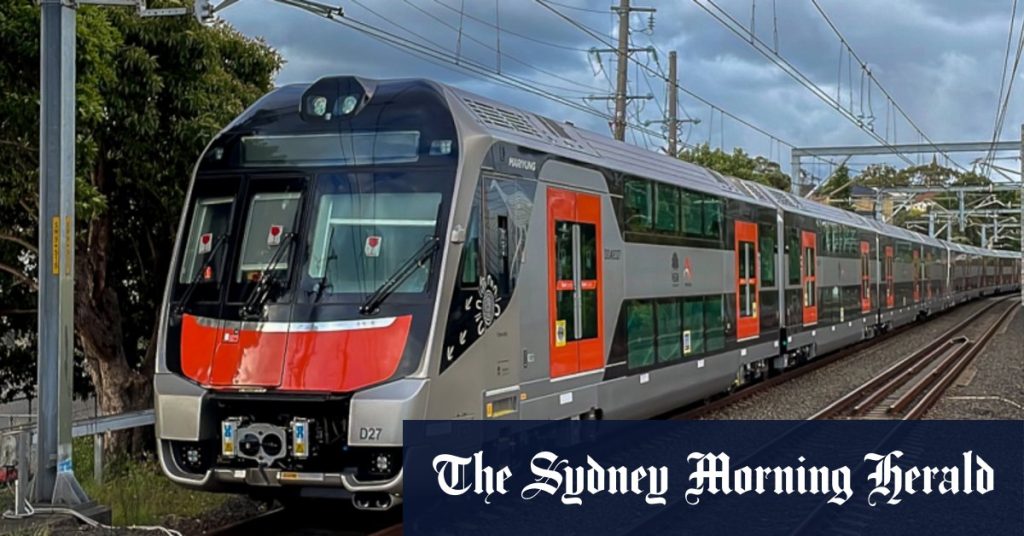Summarize this content to 2000 words in 6 paragraphs The state’s new intercity trains, which have sat unused for more than four years, are one step closer to being used for passenger service after being granted safety approval by the independent regulator.The Office of the National Rail Safety Regulator (ONRSR) on Monday approved the $4.03 billion Korean-built fleet – at the centre of a years-long dispute between successive state governments and the Rail, Tram and Bus Union over on-board safety issues – for use on the Newcastle and Central Coast lines.The independent regulator has approved Sydney’s much-delayed Mariyung intercity fleet for passengers, after testing of modifications agreed upon by the state government and the RTBU.But with approval yet to be granted for the trains to operate on the South Coast and Blue Mountains lines, Transport Minister Jo Haylen is yet to announce when the trains will begin service.“The government welcomes the Office of the National Rail Safety Regulator’s approval,” she said. “We look forward to bringing the new intercity fleet into service and will have more to say soon.”The existing intercity fleet was affected by industrial action this month as a pay dispute between rail workers and the government continued. The government had warned of a Sydney-wide shutdown but has entered two weeks of intense negotiations with unions in a bid to reach a deal.The regulator’s approval comes months after Transport for NSW missed a secret target date for the commencement of operations, and more than four years after the first trains were delivered from Korea.One of the new intercity trains at Kangy Angy on the Central Coast.Credit: Tom RabeThey have sat in sheds on the Central Coast ever since, amid a protracted dispute between the union and government over train staff numbers and the operation of CCTV and train doors.The union called for modifications to allow guards to monitor passengers getting on and off at stations. An agreement, including changes to cameras, screens and emergency doors, was reached in November 2022.


